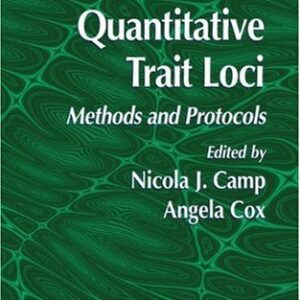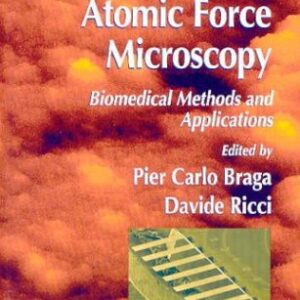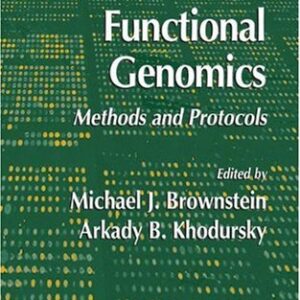Established leaders in trinucleotide repeat disease describe in step-by-step detail their best techniques for studying trinucleotide pathology at the molecular level. The protocols cover a variety of targets, ranging from DNA and RNA to proteins and whole animals, and focus not only on causal genes, but also on their consequent affected products, such as transcription factors, neurotransmitter receptors, proteasomes, and mitochondria/oxidation damage. Experimental systems employed include E. coli, yeast, C. elegans, mouse, and generally take a clinical point of view. The authors utilize a wide range of techniques, including gel electrophoresis, quantitative RT-PCR, immunological analysis, antibody usage and its applications, receptor assays using radioisotope handling, gene delivery by virus, brain cell and organotypic cultures, gender dependency, and neuron structure analysis.






Reviews
There are no reviews yet.